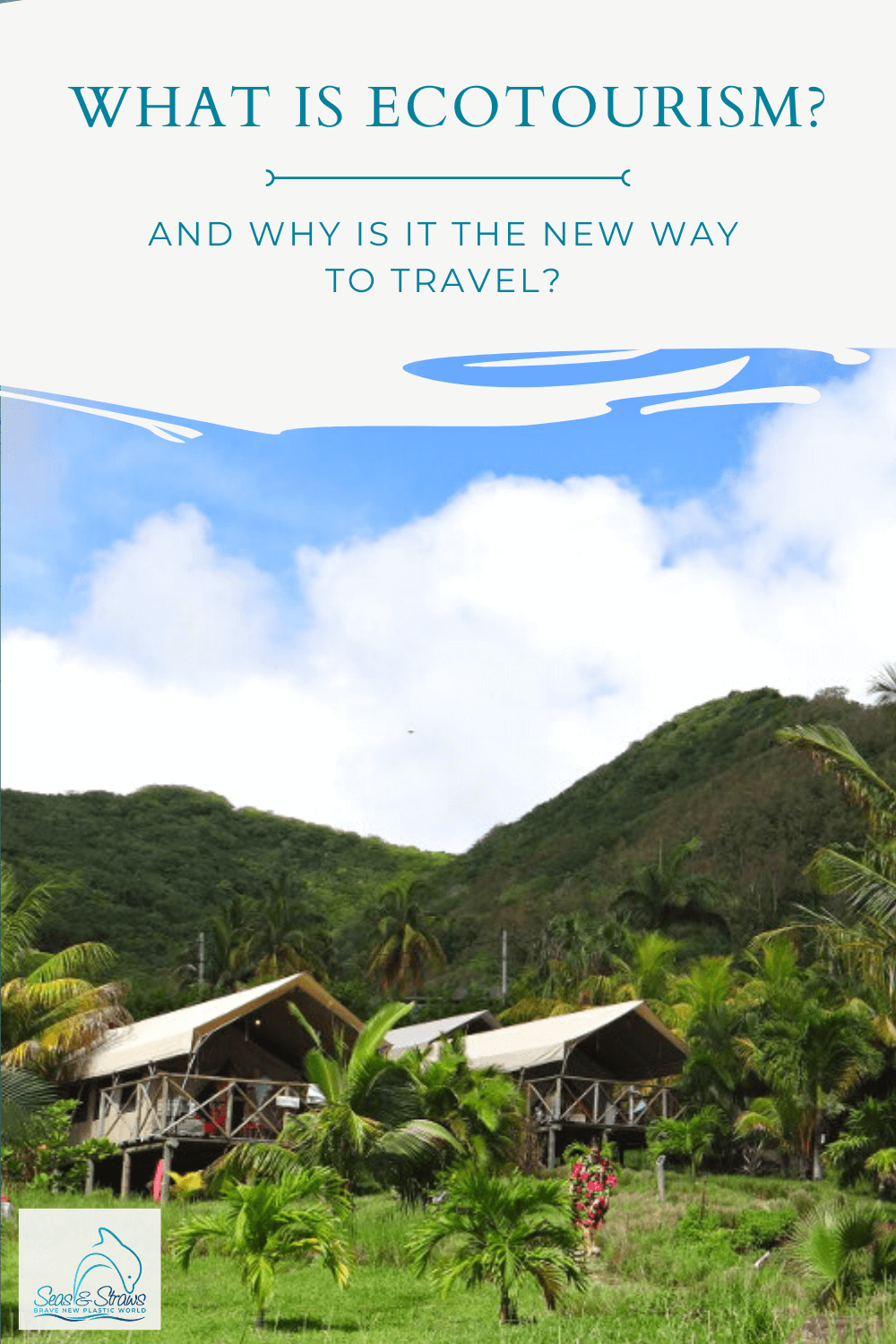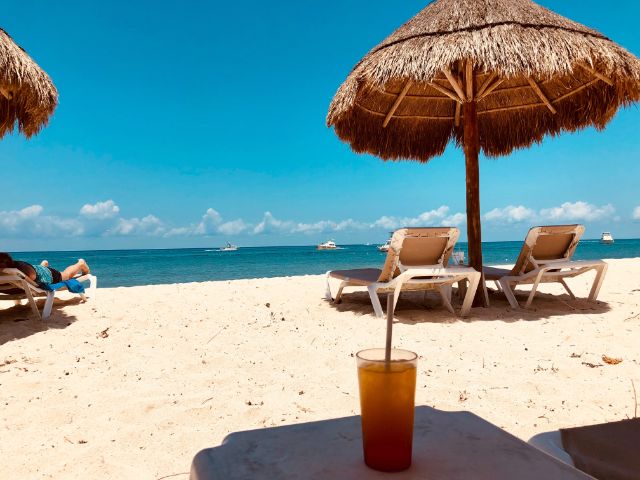- Home
- Ecotourism vs. Sustainable Tourism
The definition of ecotourism and why it's the new way to travel
The tourism industry is booming. Every year millions of people use their well-deserved but sparse holidays to travel to remote places and supposed holiday paradises. Unfortunately, such paradises hardly exist any more. Mass tourism has long since arrived at dream destinations like the Caribbean, Mexico, Indonesia or the Maldives - with devastating consequences for the native flora and fauna.
Tourism has become a real problem for the world and has been seen to damage the delicate ecological balance of various areas of the planet.
So what can you do if you don't want to forgo travelling, but want to explore the world in a more responsible way? Ecotourism is the answer.
The definition of ecotourism
No, ecotourism is not only camping. Quite the opposite, many (but not all) eco-hotels are high-end luxury retreats.
It is, however, very distinguishable from mass tourism. Ecotourism is defined as responsible travel to unspoilt regions of the earth, without disturbing or endangering the natural ecosystem during the visit.
What sets ecotourism apart is the fact that, by definition, some form of learning experiences should be incorporated into the trip. Ecotourism wants to educate the tourist and awaken an understanding for the beauty of nature and the fragility of ecosystems. The hope is that by observing indigenous animal and plant species in their natural environment, the traveller becomes aware of how important it is to protect that biodiversity.
The economic aspect of ecotourism
In contrast to traditional mass tourism, the income generated by ecotourism directly flows back into the conservation of the natural ecosystem. It has already proven a success in many areas of the world, where a switch to ecotourism allowed the local environment to recover from former problems.
As a second, very important pillar, ecotourism supports local communities.
Eco-hotels, for example, can train and employ cooks or gardeners from the surrounding villages, or buy food from local farmers, butchers or fishermen. The advantages are obvious:
First, the local population receives a thorough training and a steady income stream. This helps the economic development of the community and the whole country.
Furthermore, they learn to build their economy without destroying wildlife and natural habitats. Ecotourism helps them to live and grow in harmony with nature instead of exploitig it.
Fiji as an example of ecotourism
One of the best examples can be found in the island nation of Fiji. The nation had been struggling for decades with overfishing of its waters. The economy had collapsed. Only the arrival of tourists looking to explore the waters of Fiji brought a significant change. Now, the fishing communities could switch their attention from fishing to scuba diving tours.
Not only has the tourism provided the inhabitants of Fiji with new income streams, but the changing economy has also allowed the stocks of local fish to become plentiful again. Tourism drove Fiji toward a new economic direction. It gave them the chance to enjoy a diversified economic future with a positive ecological impact.
Ecotourism or sustainable tourism?
Even if it is often equated, ecotourism and sustainable tourism are not the same. Sustainable tourism is broader and refers to the ecological, economic and cultural aspects of travel. You can also travel sustainably in a city, for example by using public transport or by refusing disposable coffe cups. Saving water in the hotel or visiting the local farmers market can also be part of sustainable tourism.
Ecotourism, on the other hand, refers specifically to trips to areas where a country's natural treasures as well as its cultural heritage are the main attraction. Unspoilt natural resources are the primary concern of ecotoursim.
Ecotourism is therefore a subgroup of sustainable tourism.
Why is ecotourism important?
Ecotourism is an impressive way of providing our support to those who are in financial need and of protecting the local flora and fauna. It also makes a point to look to the people of the developed world to change their financial future.
Now that you know what ecotourism is, you might plan your next holiday more consciously. If you are, there are some destinations (like Fiji) with a special focus on tourism in harmony with nature.
Also take a close look at the hotel you want to book. More and more people are interested in traveling eco-consciously, consequently, more and more hotels claim to be green although they are not. This is called greenwashing and is now widespread in all industries. A real eco-hotel looks like this:
Resources

















